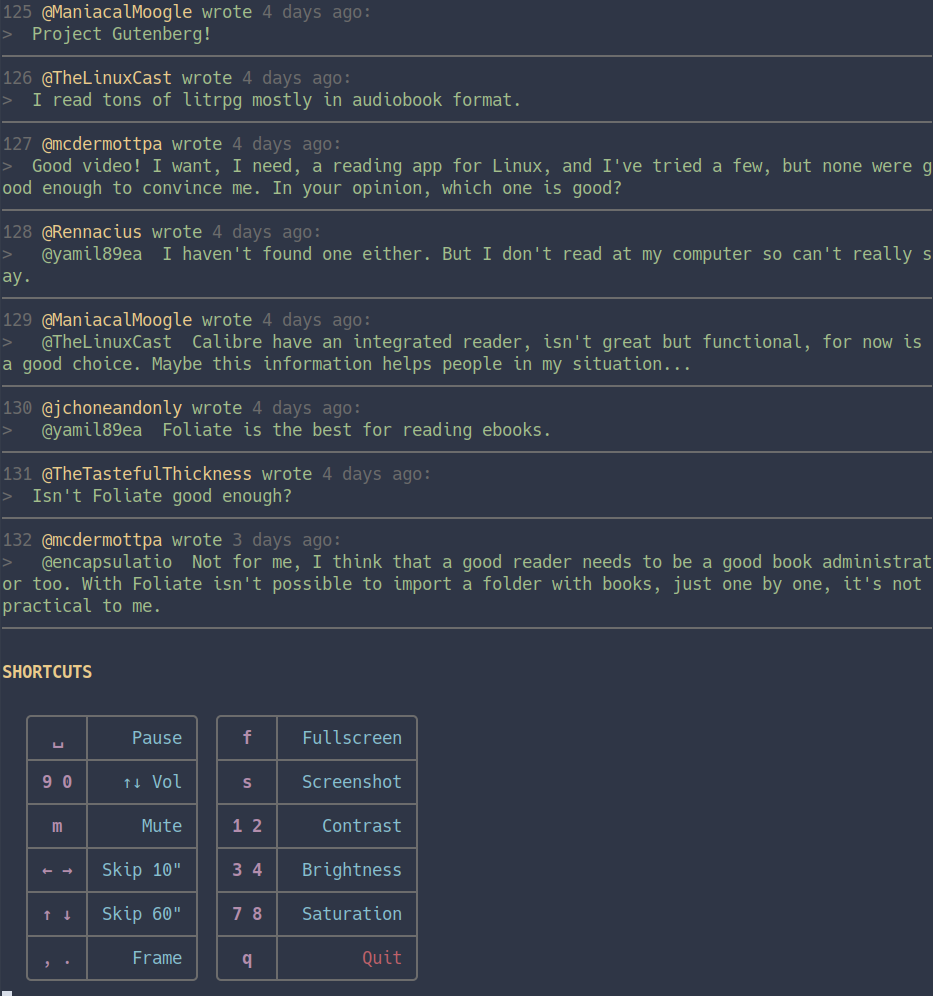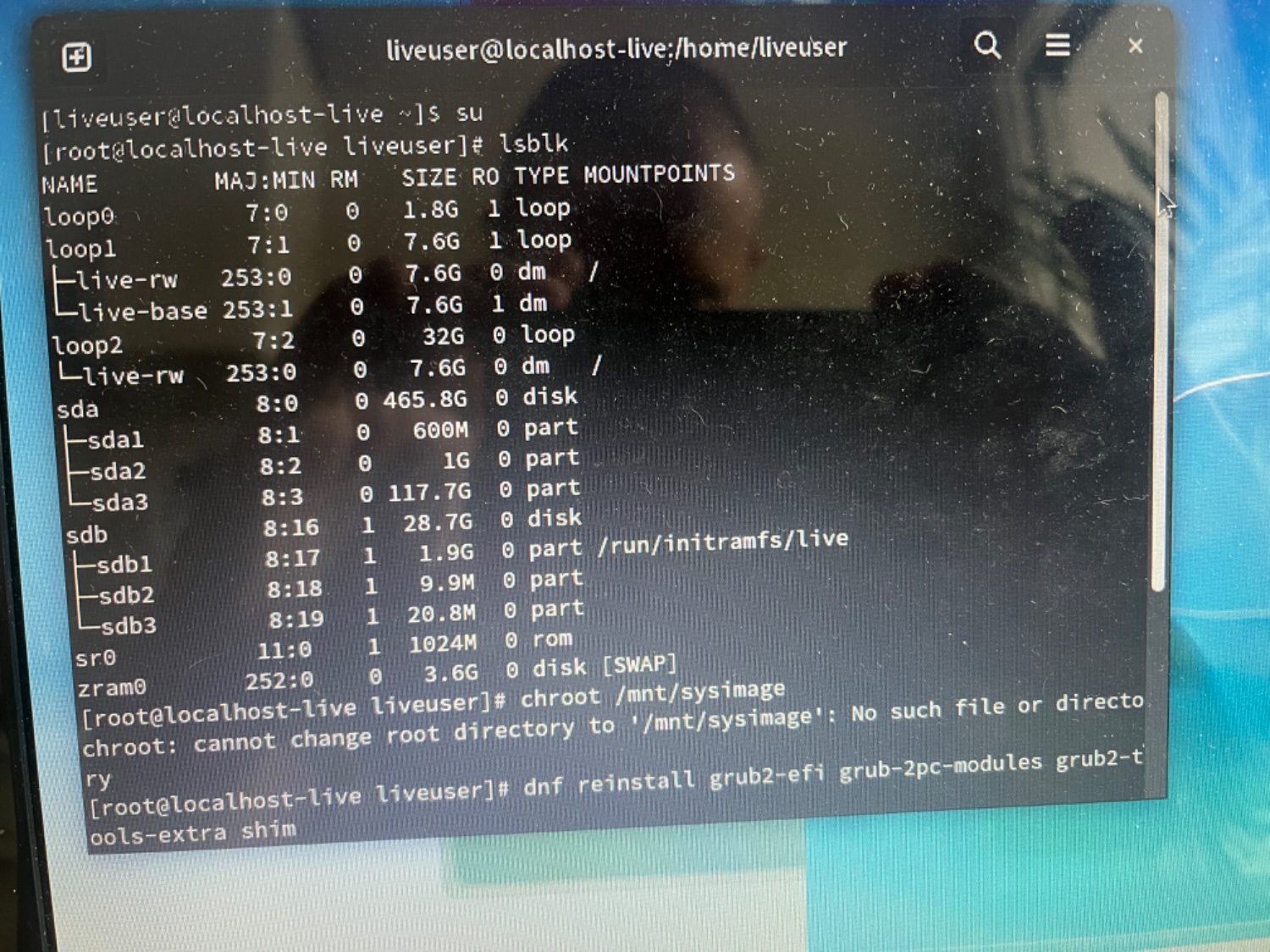- Recommendations for Notepad++ replacement. Desired features:
- Tabbed with ability to have multiple files open via tabs at the top
- find and replace with regex ability, find and replace over multiple files in folder, find pop-out that shows all the lines with the desired text and allows clicking to jump to them.
- Ability to jump to line via inputting number
- basic tools for conversion like URL decoding/encoding and base64 decoding/encoding (or addons for such, no I don’t like pasting potentially sensitive info in random converter websites),
- column select mode (alt on notepad++),
- encoding settings switch
- code language highlighting,
- dark mode (dark background option)
- line operations like trim trailing space (or all excess space), ability to view and manipulate (find/replace) symbols like end of line, whitespace, carriage return, etc.
- Not driven entirely by three dozen memorized keyboard shortcuts
- I am NOT coding in this, I am at most editing some markup files (xml, lua) or doing some find and replace for updated functions, doing text manipulation, using as an intermediary step in managing large sets of data.
- Ability to open fairly large files without freezing up (e.g. 400mb text file opens instantly in NPP but locks up windows default notepad)
-
I have an iPhone, I like to back it up and sync music via a cable to it using iTunes. Would it work fine to have a persistent Windows VM on Linux with iTunes installed? Any issues?
-
I do some gaming. I own several games exclusively on the EA App (they’ve rebranded it from origin), the Command and Conquer series and Dragon Age at this point I think are the ones I don’t have elsewhere and care about. Anyone have any thoughts to share on that and how well it works? I know several of the C&C games are rated as “garbage” on WineHQ so that worries me. I have no worries about my Steam games given the work they’ve done and the fact they have a Linux client though I do worry about my GoG games a little. I suppose I could run these in a Windows virtual machine but I worry how well that will work, I’m not sure older games will necessarily take well to being run in a VM of a modern OS like Win10. I also off and on play WoW though I gather from WineHQ that it works well. I don’t do any competitive online stuff other than that though.
-
How do Xbox One controllers work wired with Linux? Is there something I can install where it just works with supported games as it does on Windows or is it likely I’ll need to mess with things each time?
-
Recommendations for GUI mpv frontend?
-
Suggestions for an FFmpeg GUI wrapper? >> NOT handbrake <<. I already use that, it’s not useful when I don’t want to operate on video but only audio or only extract subtitles, etc. Preferably something easy to use but hard to master in that it works without too much tinkering as expected but it has a lot of depth and options? I’m looking for something that I can drag say an mkv file to with video and audio and subtitle tracks and I can choose to convert ONLY the audio which is say DTS-HD MA to FLAC or Opus and set the quality level, channels, etc. (I previously used a Windows software called xmediarecode)
-
I use software called AdvancedRenamer. I’m looking for software on Linux that >> via GUI << allows mass renaming using things like replace with or adding text at the beginning or end of file names by pattern, regex, removing things by pattern or by count from the start end of a filename, incrementing/decreasing numbers in names by a set amount, that kind of thing. I like a preview window of the results before I click commit.
-
Keyboard shortcuts. Control+C and V I believe work the same but is there a way to get common windows key shortcuts working in a similar-ish fashion on Linux? For example winkey+L locks the session without logging out but requires a password and I tend to do this all the time, multiple times a day, is there a way to get Linux to respond to those key-presses and do the same thing? Other key combos I like would be win+d for hiding windows and showing the desktop. Others I can probably deal with learning new combos but those two are pure muscle memory.
-
I don’t understand Linux distro segmentation especially when it comes to software availability. On Windows it’s simple, there’s either a download for Windows or there isn’t and short of it being for something ancient like Win98 it’ll tend to just work with Win10 with compatibility enabled. But with Linux often there are multiple files for different flavors, one for Ubuntu, one for Debian, one for Mint, one for Arch, one for CentOS, etc. Sometimes there’s just one option for Linux but it specifies it’s for something like Arch. If I run into a software I need and it specifically indicates it’s for another flavor of Linux than the one I run, how likely is it that I can get it to work on another distro without any real trouble? (Real trouble meaning I need to do web searches and edit config files or add flags that vary by software to the executable launch)
-
Last but not least. I’m looking for suggestions for a Linux distro to use that fits my needs.
I tried Ubuntu a couple of years ago and I hated it. Among other things the settings app was too simple and didn’t have 1/10th of the kind of options I am familiar with on Windows, it looked like the settings for a phone or smart system like a streaming device. I know GUI settings are not a strong suite of Linux but I have to admit I hate, hate, hate the idea of too much stuff via command line/shell or editing config files. That said if that’s how it’s going to be I think I might be able to deal with it.
I’d describe myself as a power user. I use arcane and strange programs from time to time to meet odd needs and every 4-6 months I find myself searching up some odd problem or need I have and pouring over old forum posts. I game (mostly older stuff). I use mods with games. I manage a media server among other services in my home so have to work with video files, audio tracks, subtitles, etc. I do not like the command line but I’m not afraid of it. Just because I can problem-solve and troubleshoot does not mean I want to spend my free-time doing so or babysitting an unstable distro.
So I’m caught between not wanting a beginner, simple-use-case (think someone who browses the web, edits some basic text or docx files and almost nothing else) distro AND not wanting one that’s bleeding edge experimental or super strange in execution so it’s breaking all the time or needs troubleshooting so I need to go into the terminal for every single thing I do or so I have to go and make forum posts asking for help every 4 months.
I do want something actively developed with regular and prompt security updates in response to vulnerabilities. So it needs to have a certain size and userbase, not be a bespoke hobby project.
I use an NVIDIA graphics card (1070 because I'm not rich and haven't needed anything more yet) so I’ll need something that allows installation of the necessary (proprietary) drivers for that and doesn’t cause a big fuss with that if there’s a problem.
I am going to be using firejail and want to be able to use opensnitch firewall. I also need to remote desktop connection to a Windows server (GUI) and have a stable connection to that. I am also likely to have a Windows10 virtual persistent installation via virtualbox (unless someone knows a better option) which I will use for a few things but have no interest in using most of the time for common tasks or heavy programs which need to run native on Linux if I’m switching.
Strong preference all options offered be free as in beer (small 1-time fees are fine, subscriptions are not).
However they may be based on non-free licenses and have proprietary/closed source code if it’s the best option. (Do try and keep suggestions somewhat mainstream, don’t just search for me and suggest the first thing you find on github with all of 2 stars made by a user named notmalware 3 months ago or something else sketchy. I'm looking for personal or heard experience and suggestions. If I don't get any I'll search myself.)





